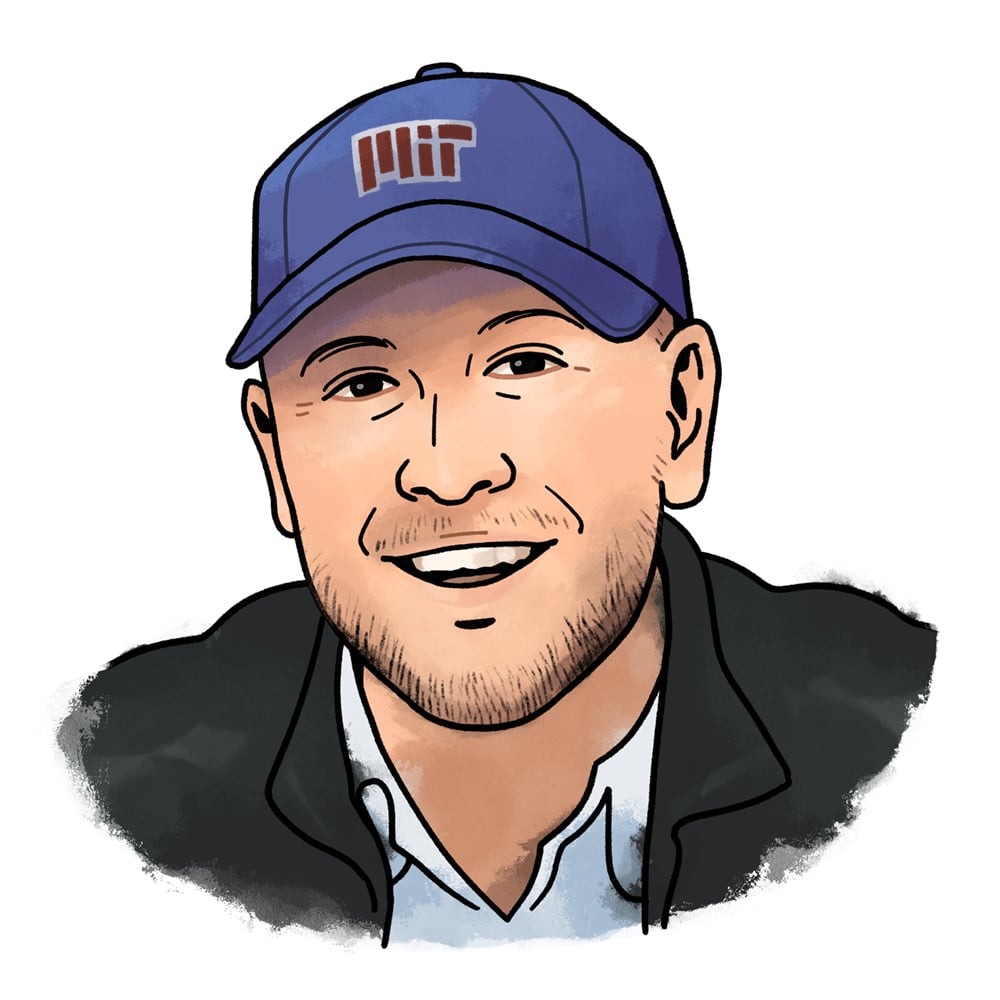
What I’m Teaching This Fall by Chris Peterson SM '13
spoiler alert: a social history of the internet
Regular readers may recall that I’ve been teaching a bit in Comparative Media Studies/Writing. This fall, I’m teaching again, this time a new special topics course called CMS.S62: The Internet as Social Artifact. It meets from 7-10PM on Wednesday nights. Right now, we have 18 students pre-registered for the course, representing 9 different majors and spread more or less evenly across 2016s, 2017s, and 2018s.
I’m coteaching with Ethan Zuckerman, the Director of the Center for Civic Media, cofounder of Global Voices and MediaCloud, and board member for Ushahidi and Open Society Foundation. You may have seen his TED talk on the importance of diversifying your sources of media:
Ethan and I have been basically thinking about this course as a ‘social history of the Internet,’ one small part of the larger ‘Internet Studies’ curriculum developing at MIT (cf. TL Taylor’s Networked Cultures, or Abelson/Fischer/Weitzner’s Foundations of Internet Policy, both also offered this fall). Here’s our course description:
There is often a tendency to consider technical systems as ‘purely’ technical, designed and built by technical people for technical reasons. But technical systems are always technosocial systems, mixed up with cultural, legal, economic, and political forces that shape the technical, even as the technical shapes them. The internet, in particular, is an artifact shaped not only by technical standards, but by the often utopian aspirations of its architects, and by the local and global communities that have adopted and reshaped it. In CMS.S62, we take the Internet as our object of study, and review some of the techno/social interactions that have historically contributed to its current shapes. In doing so, we will come to understand the Internet as a social artifact, the technical residue of human politics: a built thing that, like all built things, could have had alternative pasts, and still may have alternative futures.
To give you a more concrete sense of the substance of the course, here’s the syllabus entry for the first class:
September 16th: Internet Governance: “Rough Consensus and Running Code”
The Internet runs on code, but it also runs on consensus: the agreements, hashed out in RFCs and controversies, about what bits should route where, when, and why. In this class we’ll discuss aspects of Internet governance and politics, from bodies like the IETF and ICANN to metaphors like the “seven layer burrito” and “end-to-end.”
Readings:
- McLaughlin & Zuckerman, “Internet Architecture”, Harvard BOLD (2003).
- Zittrain, The Future of the Internet – And How To Stop It, pp. 21-35, 67-71 (2008)
- Gillespie, “Engineering A Principle: ‘End-to-End’ in the Design of the Internet,” Social Studies of Science (2006).
Resources:
- The IETF Request for Comments document series.
Each week, a few students will research the readings and present their interpretation (and some broader intellectual context) to the rest of the class; students not assigned to research for that week will write a short blog post analyzing, synthesizing, and/or reacting to the various readings. We expect the course to be more of a seminar style than a traditional lecture, with lots of student discussion guided/informed by Ethan and me. The primary deliverable for the class is a term paper on a topic of the student’s choice that dives more deeply into some aspect of the social history of the Internet.
Depending on your own educationl background/interests, you may or may not have thought about the Internet as a thing that has a social history (as opposed to, say, a technical evolution). One thing that I love about CMS/W – and much of SHASS, actually – is the opportunity it provides to study the interaction between science, technology, and society, broadly speaking. I was drawn to CMS/W for my own graduate school experience in part because I wanted to study humanist/social concerns that were shaped / informed / affected / inflected by science/technology, and MIT was one of the best places to do it. I think you can see this theme in many of the other courses offered in CMS/W & SHASS; in fact, probably the most painful part of writing this post was scrolling through all the classes offered this fall…and realizing how much I wanted to take a bunch of them! Instead, I’ll be reading a bunch of applications…which is also fun and educational, albeit in a different way.